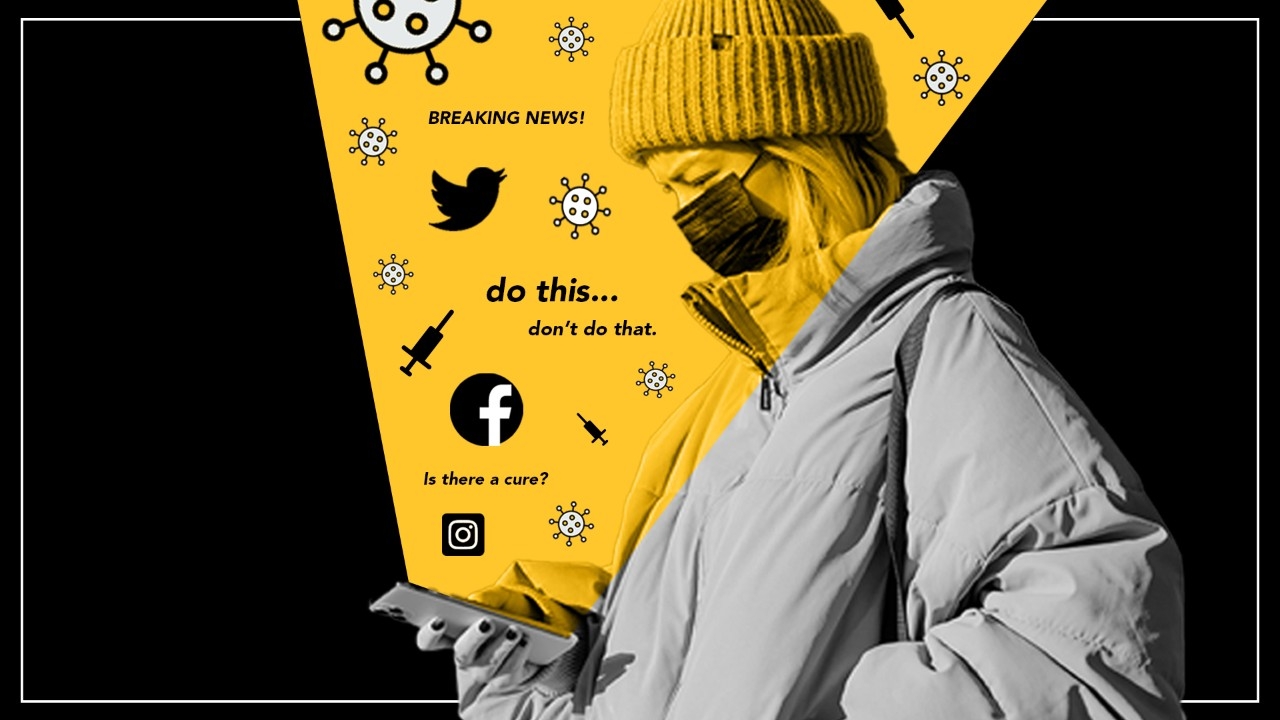




Check your emotions. Personal feelings about COVID-19 vaccines are STRONG. Everyone has an opinion. Be cautious that your opinions don’t keep you from listening to other ideas or even facts. Confirmation bias causes us to limit our information to only the sources that support our existing beliefs. Challenge yourself. Reading material that contradicts our beliefs is uncomfortable. However, we must push past the discomfort when in the pursuit of credible and reliable information.
Did you know? According to research reported in the Washington Post, nearly 60% of individuals who share information on social media never read past the headline.


Fact-checking is often already done for you. For example, the CDC and the WHO maintain vaccine fact-checking sites. If you’re not sure whether a claim that a resource makes is valid, these websites will verify or debunk many COVID-19 myths.







In the digital age, we are bombarded with information constantly. It is easy to feel overwhelmed when navigating news sources and sorting through social media posts to decipher what is credible and what is not. We hope this guide will help you find clarity and confidence when wading through information online.
Talk to health experts or schedule a vaccination at NKU’s Health, Counseling, and Student Wellness.
NKU students, faculty, and staff are encouraged and eligible to register their vaccine status for a chance to win a monetary prize (excludes administrators). Check out NKU's COVID-19 page for more information.
Additional Resources
What is GEARUP?
The university adopted GEARUP with Information Literacy as the Quality Enhancement Plan for 2019-2024. The five-year plan focuses on helping students Gather, Evaluate, Apply, and Respect information so that students graduate with the knowledge and skills to be critical information consumers and creators.



